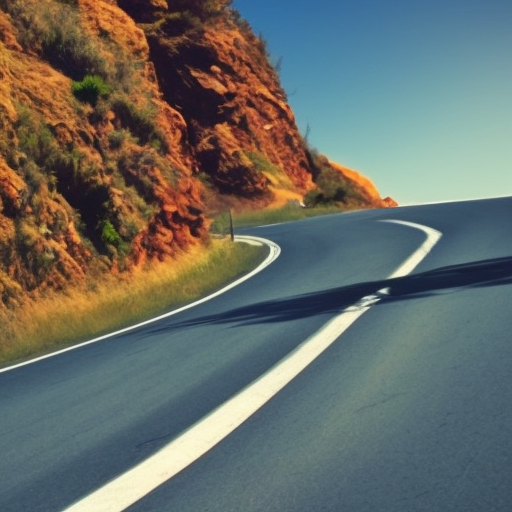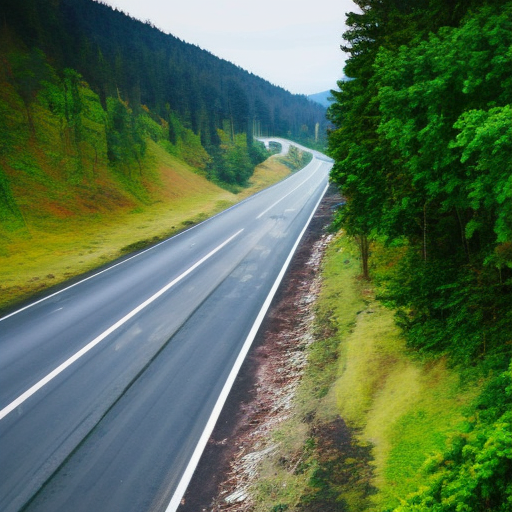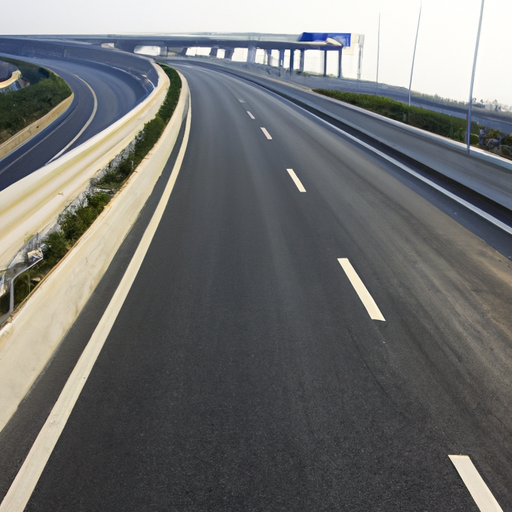How to Plan the Perfect Road Trip: Top Ten Tips and Tricks for an Unforgettable Journey
L
ooking to plan the perfect road trip? Here are some tips and tricks to help make your journey unforgettable!

1. Start planning well in advance. Getting an early start on planning is key to a successful trip. Make a list of everything you need to bring, including clothes, toiletries, gadgets, books, etc. Research must-see locations along your route and be sure to include them in your travel plans. And don't forget to make a budget before you begin your trip; this will help to make sure you stick to your budget once you hit the road.
2. Pack smart. Packing light is a smart way to travel, especially if you're traveling by car. Try to pack only essential items. You will want to pack comfortable, casual clothing, such as jeans, t-shirts, sweatshirts, and sneakers. But keep in mind that you should dress appropriately for the weather as well. Be sure to bring a couple of pairs of pants and extra socks in case one gets wet or dirty. And don't forget to pack a light jacket and warm hat for the cooler months. Don't forget a swimsuit and towels if you plan on visiting any beaches along the way! Remember to bring along your electronics, such as a smartphone or tablet and any necessary chargers. And finally, be sure to pack plenty of water and snacks to keep you going throughout the day.
3. Carpooling is a great way to save on gas costs and reduce the stress of driving yourself to your destination. Plus, having someone to share the ride with can be a lot of fun and make the journey go by a lot faster!
4. Plan your meals ahead of time. If you have time, you can often save quite a bit of money by packing your own lunches rather than stopping to eat at a restaurant every day. Plus, cooking at home is usually healthier than eating out at restaurants. If you prefer not to cook your own meals while traveling, there are still ways to cut costs. Look for places near your destination that offer meal deals or discounted buffets. Also, check out discount grocery stores and restaurants located near tourist destinations.
5. Save money by avoiding tourist traps. If your itinerary includes stops at popular tourist attractions, be prepared to spend a little extra money in order to see them. These attractions usually have high admission fees and are often packed with people eager to catch a glimpse of the famous sights. However, if you want to save some money and avoid the crowds, consider exploring less-crowded spots that are just as interesting and enjoyable to visit. Try doing some research before you leave to determine the most-visited sites in your area and the hours they are typically open so you can plan your visit accordingly.

6. Stay in a hotel that is not located directly in the city center. Accommodations in the city center are usually very expensive and can drain your budget faster than you think. Instead, try to book a room in one of the many hotels located near the airport or another convenient location instead. Not only will this be cheaper, but it will also save you a lot of time during your stay since you won't have to spend hours traveling back and forth each day.
7. Travel off-season. Avoid traveling during peak seasons like summer when prices are at a premium. The off-seasons in most countries are winter and fall, so you can save a bundle on flights and accommodations if you visit during these months.

8. Download an offline map to your phone before you leave for your trip. Having an offline map on your phone will make it much easier to travel without worrying about getting lost or wasting money on data charges. If you are traveling to an unfamiliar area, you may also want to consider renting a car to avoid expensive taxis.
9. Bring your own snacks on long flights or bus rides. Long flights can be very expensive, especially if you are planning to eat on board the aircraft. To save money, bring some of your favorite snacks with you instead. This will prevent you from having to purchase food at the airport which can be much more expensive.
10. Buy bottled water instead of drinking the tap water. Tap water in some countries may not be safe to drink due to pollution and other contamination.